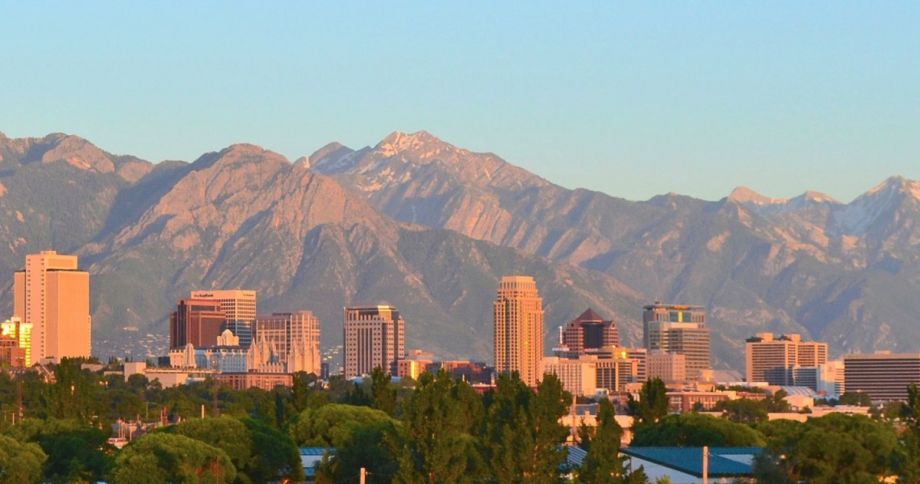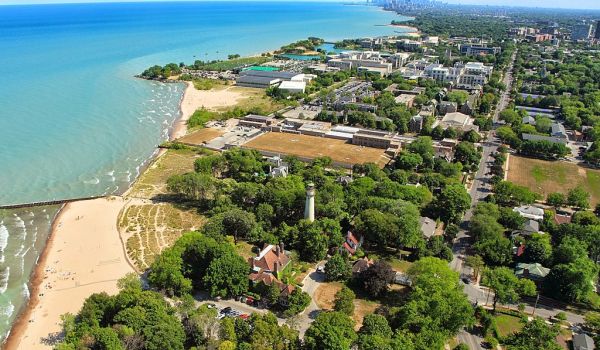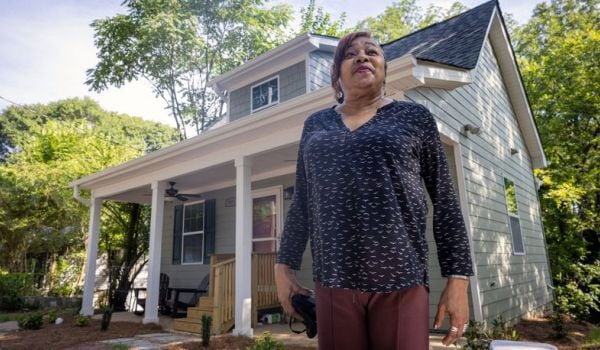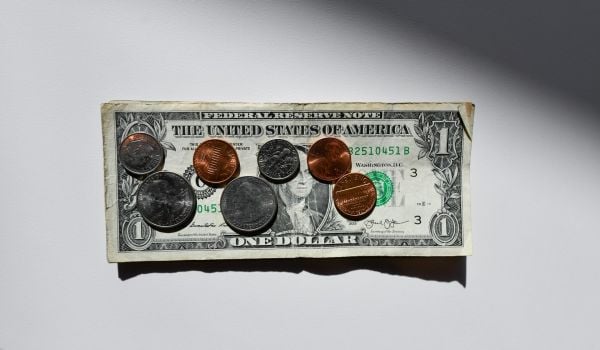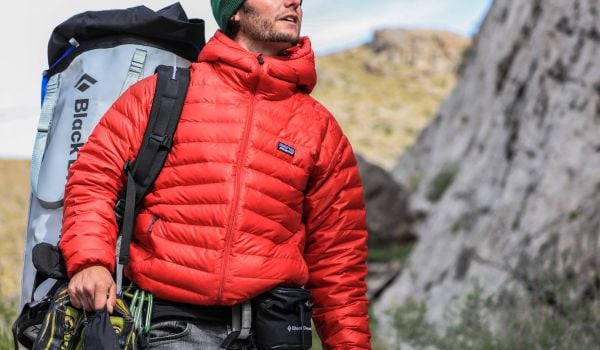In order to afford a typical two-bedroom apartment in Utah, a worker has to earn $19.83 per hour, or work 109 hours a week at minimum wage — an entire additional weekly shift over the year before, according to the National Low Income Housing Coalition’s annual Out of Reach report. On top of that, according to a report by NLIHC and the Public and Affordable Housing Research Corporation, Utah has almost 1,700 publicly supported rental homes with affordability requirements that will expire in the next five years, and more than 10,000 that will expire in the next three decades. And, as the Salt Lake City Tribune reported last week, the coronavirus pandemic is likely to make the state’s housing shortage even worse.
By now, these figures are neither surprising nor unique. Affordable housing is out of reach for low-wage earners everywhere in America, and Utah’s housing shortage is hardly the worst. But, advocates say, housing in the state is only becoming less affordable, and there’s not enough public assistance to manage the consequences.
“We have money to help people that have been affected by COVID-19,” says Tara Rollins, executive director of the Utah Housing Coalition. “We have housing assistance for that, but what we don’t have is housing assistance for is the people that are working every day in grocery stores, nursing homes, and hospitals — low-wage workers. Because they didn’t lose their job, they still can’t request funding, even though they had to hire additional daycare and things like that.”
As Next City has reported before, the Utah state legislature has spent a lot of time debating how to fund more affordable housing. And this year, advocates are reportedly trying to save the small allocations of state funding from coronavirus-related budget cuts. Part of that allocation would go to a new effort called the Utah Housing Preservation Fund, created by a group of private institutions, including the Clark and Christine Ivory Foundation, Intermountain Healthcare and Zions Bank. The fund aims eventually to spend $100 million to keep subsidized and “naturally occurring” affordable housing from being converted to market-rate rentals, as the Deseret News reported in March.
This year, the Preservation Fund helped secure 24 duplexes that were being sold by Housing Connect, the housing authority for Salt Lake County, says Ryan Hackett, a development coordinator at Western Region Nonprofit Housing Corporation, which is a development partner for the fund. Those units will be rehabbed and rented out below 80 percent of Area Median Income, and targeted to Housing Choice Voucher holders who earn less than 30 percent of AMI, Hackett says. The housing authority will also reportedly use the proceeds of the sale to reinvest in other properties and make more affordable units available. (Officials with Housing Connect did not respond to interview requests.)
The Fund is also working on a deal to buy a 16-unit complex of “naturally occurring” affordable units, fix up the apartments, and keep the rents low. Hackett says that in order to make the project work, they will have to raise the rents a little bit over time. But if any other buyer were to take over the building at market rate, it would likely raise the rents from around $700 a month to $1,200 or $1,300 overnight, Hackett says
For its part, the state administers a housing trust fund called the Olene Walker Housing Loan Fund. But the legislature has yet to put up enough money to really tackle the affordability challenges the state is facing, says John Montgomery, the chief risk officer for Rocky Mountain Community Reinvestment Corporation, which also works on preservation deals in Utah. The preservation fund could help keep low-cost apartments from quickly being flipped to market-rate rents, Montgomery says. But the way it’s structured, there’s nothing preventing the group from determining a few years down the line that it can’t maintain the projects, and then selling them for market rates.
A more permanent solution would be a land trust: Montgomery says that Rocky Mountain CRC is hoping that it can take over and expand a small community land trust in Salt Lake City. With a structure like that in place and an ability to manage large multifamily properties in addition to its current collection of single-family homes, the land trust could put large donations of money to more impactful and long lasting use.
The Utah Housing Preservation Fund started out with $20 million. Of that, $4 million is provided in the form of a loan from Intermountain Healthcare, a Salt Lake City-based nonprofit healthcare system, as part of its work with the National Alliance to Impact the Social Determinants of Health, according to Nicholas Fritz, Intermountain’s impact investing director. For Intermountain, the goal of the fund is to improve the “upstream” causes of poor health, which include substandard and unaffordable housing.
“The hypothesis of the housing thing is if we can get people into housing they can afford and that is healthy and safe, then all the time they were spending dealing with housing instability, and moving from place to place, and not having enough money to pay for food — all that energy is transitioned into other activities, hopefully more than meeting basic needs,” Fritz says.
Long-term, the organization is hoping to measure the success of the investments through community health outcomes. Intermountain is working on a survey of Utah residents with questions about perceived wellbeing, financial security, and feelings of hope — and it expects positive responses would increase along with a greater availability of healthy and affordable housing, Fritz says. The Fund is hoping to secure between $15 million and $20 million from grants, as each preservation deal requires some equity to purchase market-rate projects and keep rents low, Fritz says. The rest of the $100 million would come partially from groups like Intermountain which have a mission but are still expecting to make a small return, as well as “friendly bank” financing, he says. Currently the group, led by Western Region Nonprofit Housing Corporation, is tracking the housing market for naturally occurring affordable housing and monitoring expiring subsidies in order to determine its highest-priority investments. Fritz says the group is trying to come up with “a template” for structuring preservation deals as it works to build the fund.
“We think that long-term, by keeping housing affordable and by renovating properties to keep them up to a healthy and safe standard, that we can help to build health in the communities we serve,” Fritz says.
This article is part of Backyard, a newsletter exploring scalable solutions to make housing fairer, more affordable and more environmentally sustainable. Subscribe to our weekly Backyard newsletter.

Jared Brey is Next City's housing correspondent, based in Philadelphia. He is a former staff writer at Philadelphia magazine and PlanPhilly, and his work has appeared in Columbia Journalism Review, Landscape Architecture Magazine, U.S. News & World Report, Philadelphia Weekly, and other publications.
Follow Jared .(JavaScript must be enabled to view this email address)



